https://hirek.unideb.hu/en/us-researcher-joins-ud-team
Category: News
Szent-Györgyi Talents award 2023
Lóránt Székvölgyi (among four scientists) has been awarded the Szent-Györgyi Talents award of the National Academy of Scientist Education.
Székvölgyi Lóránt (négy kutató egyikeként) a Nemzeti Tudósképző Akadémia Szent-Györgyi Talentum díjában részesült.
Spotlighting Excellent Research at the University of Debrecen
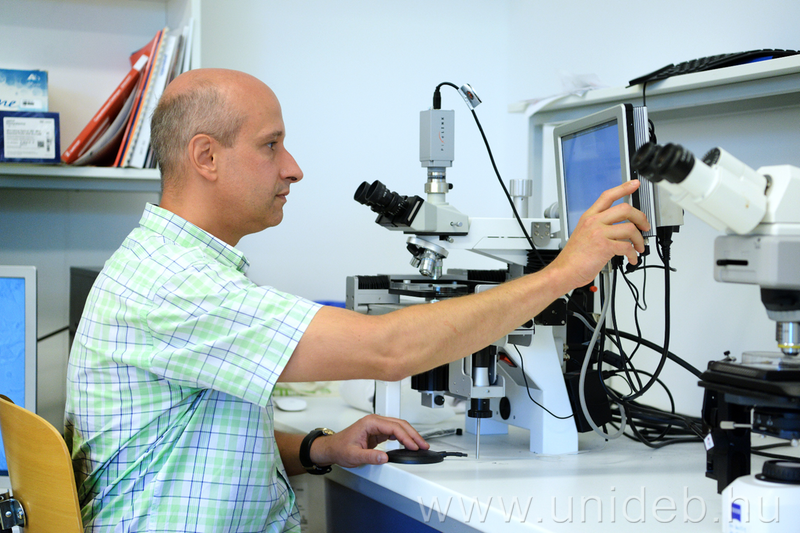 |
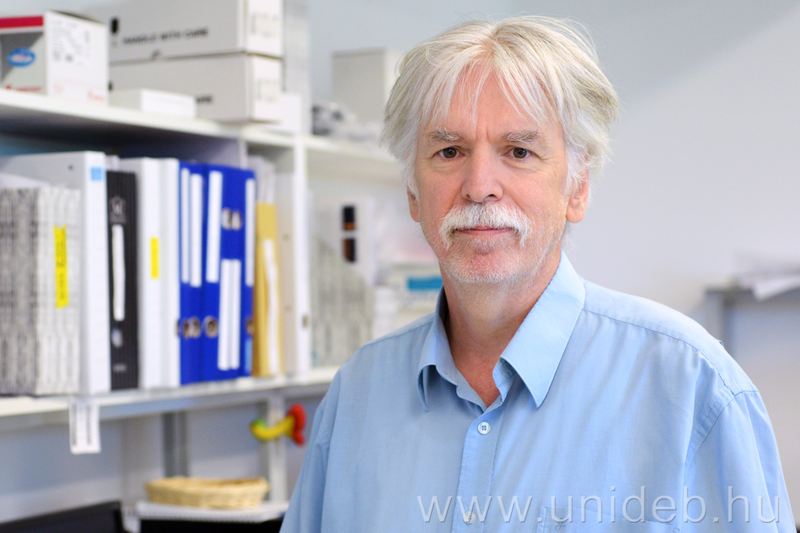 |
UD Researchers Illuminate Chromatin Regulation
Research of the Lendület Genome Architecture and Recombination Laboratory has achieved highly significant results in the field of chromatin biology. Specifically, the research group identified the critical role of the NODULIN HOMEOBOX (NDX) protein, demonstrating that it directly regulates heterochromatin. Heterochromatin is notably characterized as being gene-depleted and functionally inactive. The high-impact findings detailing this mechanism have been published in the highly respected journal, Nature Communications.
Read the paper here:
https://www.nature.com/articles/s41467-022-32709-y
Világsikerű egyetemi kutatás
Világszínvonalú eredményt értek el a Debreceni Egyetem kutatói a kromoszómákat alkotó kromatinállomány vizsgálatában. A kutatócsoport bebizonyította, hogy a NODULIN HOMEOBOX (NDX) fehérje szabályozza a génekben szegény és funkcionálisan inaktív heterokromatint. A kutatást bemutató nagyhatású publikáció a világ egyik legrangosabb tudományos folyóiratában, a Nature Communications-ban jelent meg.
A teljes cikk itt olvasható:
New publication in Nature Communications
New article has been published in Nature Communications:
NODULIN HOMEOBOX is required for heterochromatin homeostasis in Arabidopsis
Zsolt Karányi, Ágnes Mosolygó-L, Orsolya Feró, Adrienn Horváth, Beáta Boros-Oláh, Éva Nagy, Szabolcs Hetey, Imre Holb, Henrik Mihály Szaker, Márton Miskei, Tibor Csorba, Lóránt Székvölgyi
Abstract. Arabidopsis NODULIN HOMEOBOX (NDX) is a nuclear protein described as a regulator of specific euchromatic genes within transcriptionally active chromosome arms. Here we show that NDX is primarily a heterochromatin regulator that functions in pericentromeric regions to control siRNA production and non-CG methylation. Most NDX binding sites coincide with pericentromeric het-siRNA loci that mediate transposon silencing, and are antagonistic with R-loop structures that are prevalent in euchromatic chromosomal arms. Inactivation of NDX leads to differential siRNA accumulation and DNA methylation, of which CHH/CHG hypomethylation colocalizes with NDX binding sites. Hi-C analysis shows significant chromatin structural changes in the ndx mutant, with decreased intrachromosomal interactions at pericentromeres where NDX is enriched in wild-type plants, and increased interchromosomal contacts between KNOT-forming regions, similar to those observed in DNA methylation mutants. We conclude that NDX is a key regulator of heterochromatin that is functionally coupled to het-siRNA loci and non-CG DNA methylation pathways.
American-hungarian joint research at the University of Debrecen
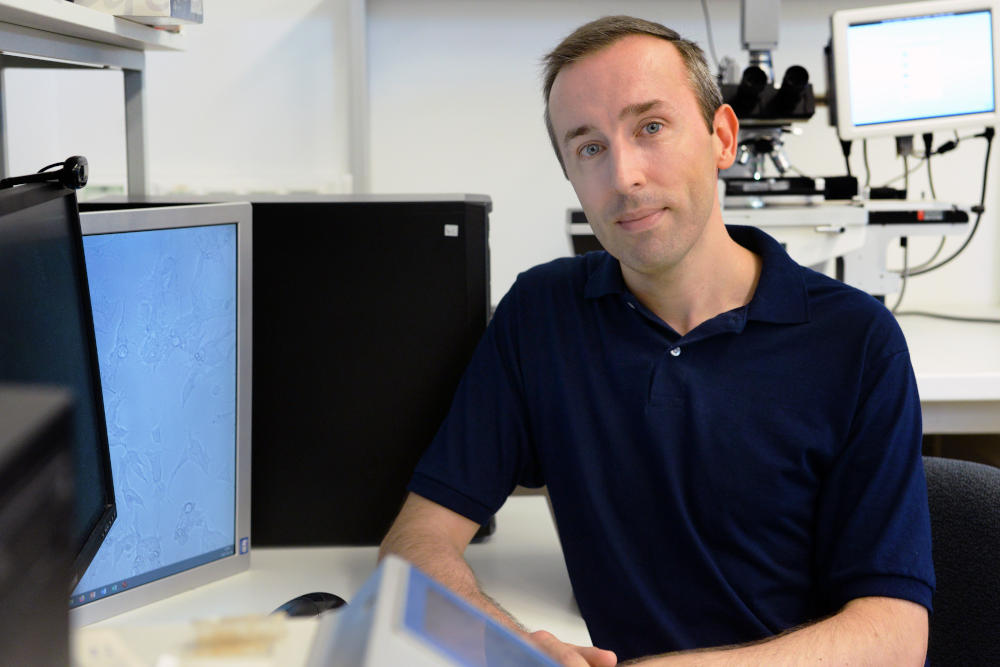 |
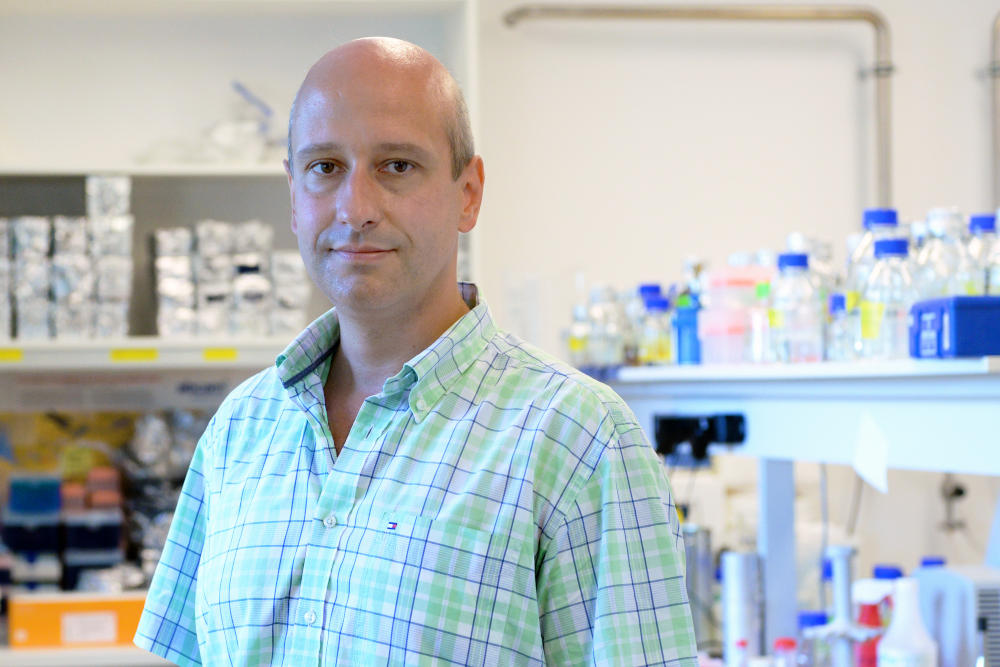 |
(article on the website of the University of Debrecen)
US Researcher Joins UD Team
https://hirek.unideb.hu/en/us-researcher-joins-ud-team
Amerikai-magyar kutatás a Debreceni Egyetemen
Bekapcsolódik a Debreceni Egyetemen működő Lendület Genomszerkezet és Rekombináció kutatócsoport tumorgenetikai vizsgálataiba Roszik János, a Texasi Egyetem MD Anderson Rákkutató Központ munkatársa. A Fulbright program támogatásával Roszik János három hónapig személyesen az egyetemen segíti a kutatást, melynek célja az úgynevezett R-hurok szerkezetek és a tumorokban előforduló mutációk kapcsolatának vizsgálata.
A teljes cikk itt olvasható:
https://hirek.unideb.hu/amerikai-magyar-kutatas-debreceni-egyetemen
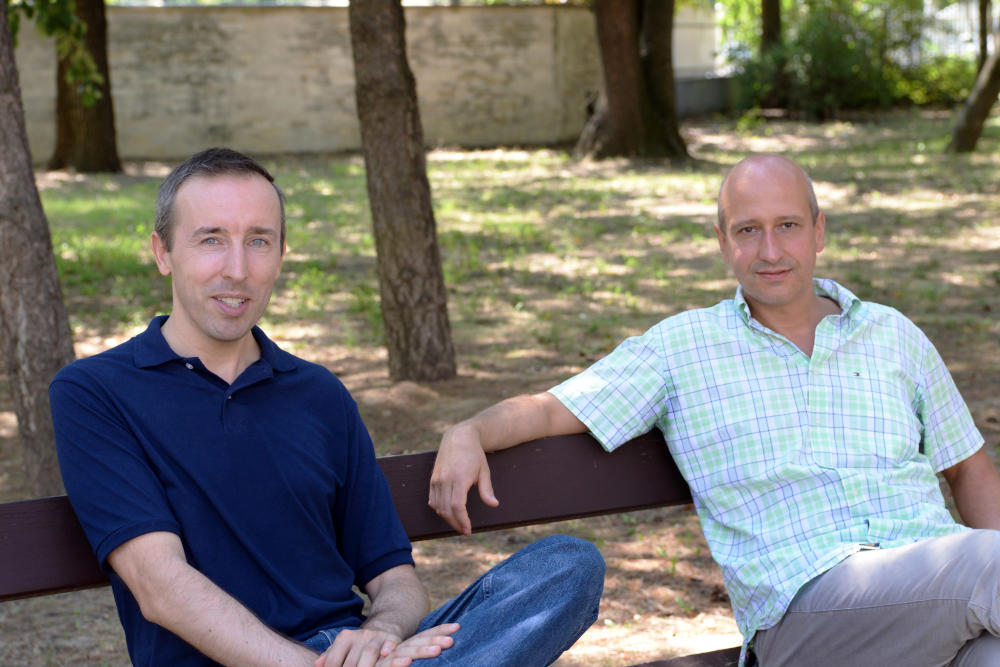
FEBS interview: On becoming a group leader

On becoming a group leader: Lóránt Székvölgyi, University of Debrecen, Hungary
In this FEBS interview Lóránt Székvölgyi answers the following questions:
What does your research focus on?
What steps did you take to realize your dream of becoming a PI?
What frustrates or worries you most about research careers currently?
What would be your advice to young scientists who would like to start their own lab?
Read the full interview online on FEBS.
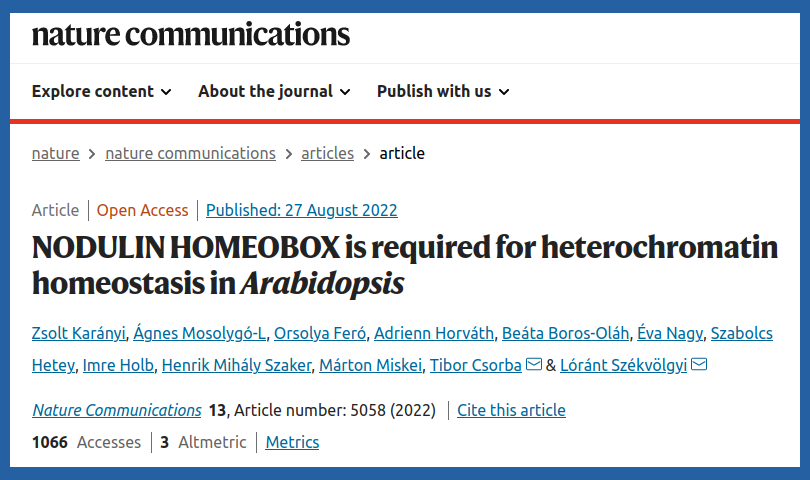
 D5 Creation
D5 Creation